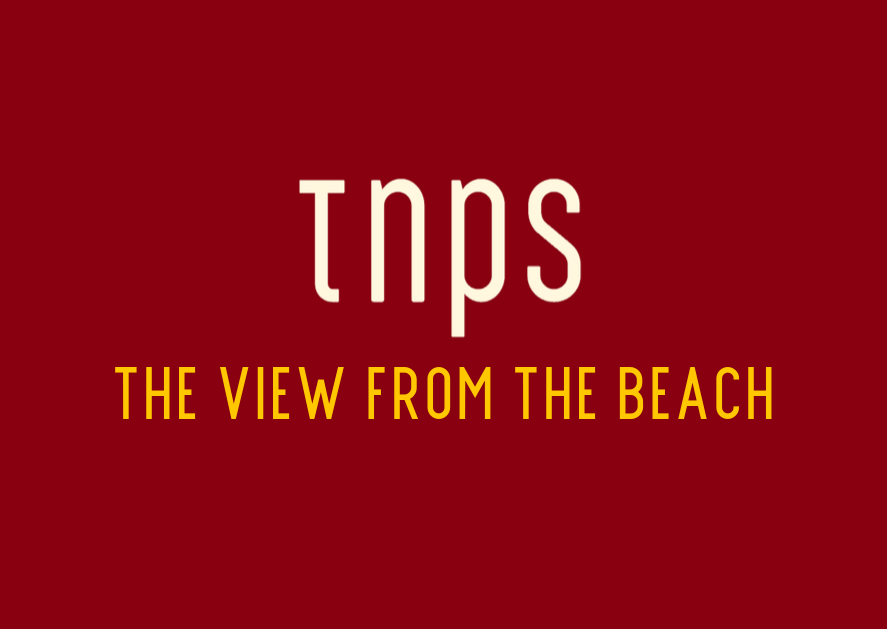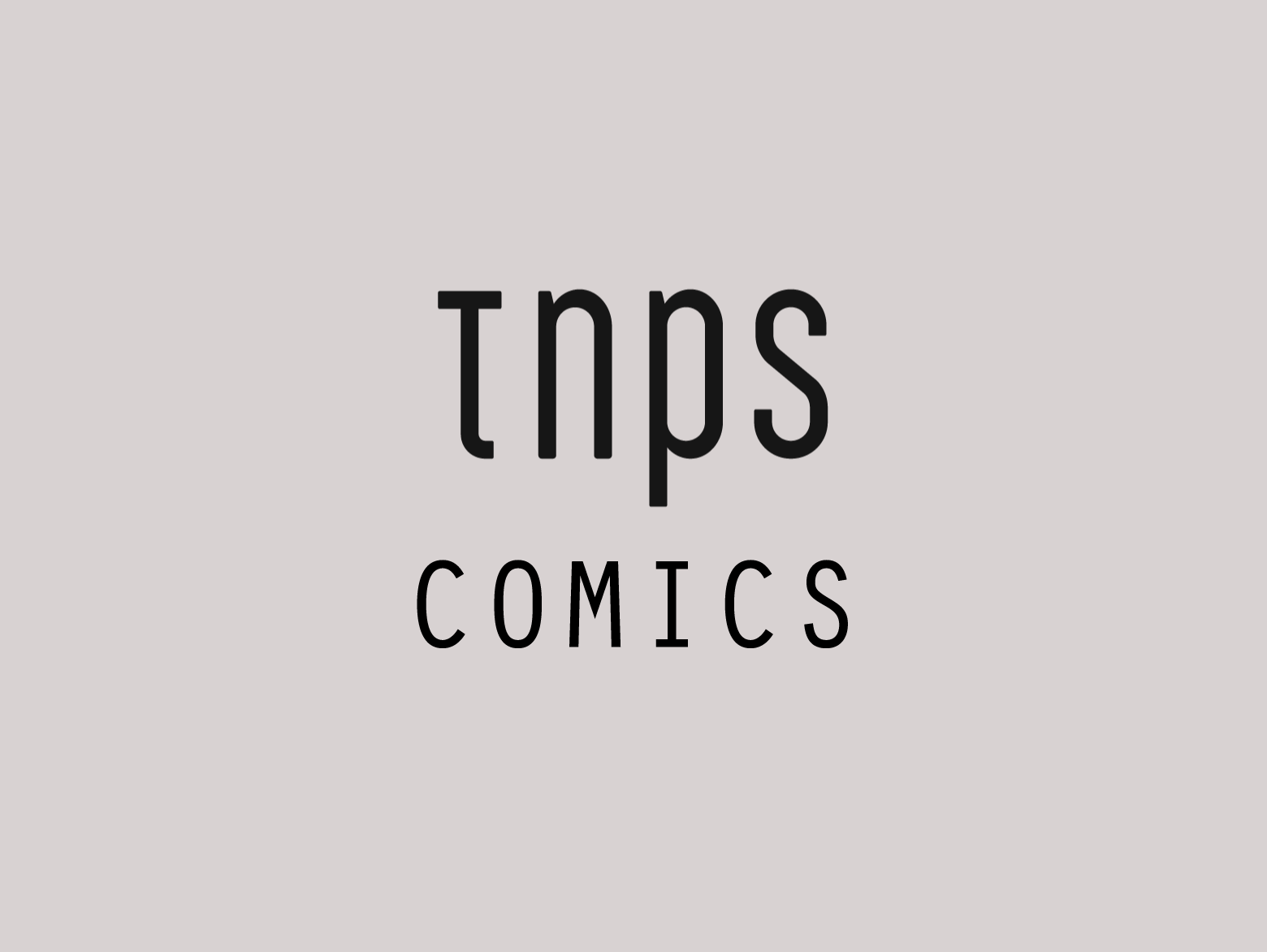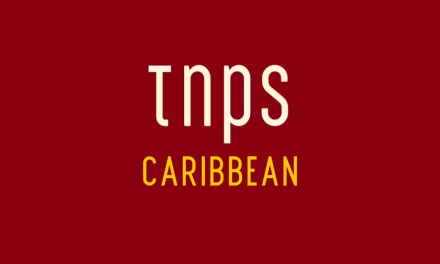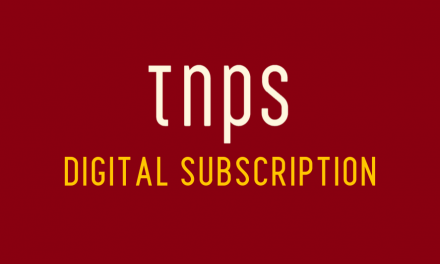We should also be clear that the virtual Frankfurt is no fake, but rather the new reality. Even if the pandemic miraculously disappears in November there will be a virtual Frankfurt hereafter. You can’t put the digital genie back in the bottle
A sobering op-ed from the UK trade journal The Bookseller’s Philip Jones this week makes for compulsive reading in the run up to the all-digital event that is the Frankfurt Book Fair this year. But let’s put that in context:
As the pandemic crept across the publishing landscape earlier this year the industry – and most especially the book fair industry – was in outright denial.
Hard to believe now but it was way back in January that we saw the first major book fair casualties as the Taiwan Comic Con went ahead with – Shock! Horror! – facemasks.
Just two days later, as February arrived, it was the turn of the Taipei International Book Exhibition, but this time facemasks were not sufficient. The event was cancelled outright.
Not that many in the west noticed, and even fewer were concerned. This was an Asia problem that Europe and North America need not worry about.
That complacency persisted even as the coronavirus took hold in Italy. It was the third week of February before the Bologna Children’s Book Fair was postponed – and that only until May.
In the UK the London Book Fair organisers continued to look the other way even as major exhibitors pulled out.
Even the cancellation of the Paris Book Fair could not shake LBF from its self-indulgent fantasy that the show would go on.
It was not until early March that LBF finally caught up with cold reality, having lost all credibility and trust along the way, and cancelled –
But still the message wasn’t getting through. Book Expo America was preparing to tread the exact same path of deluded denial that LBF had. Instead of rising to the occasion and exploring options, BEA looked the other way.
And again.
And again.
And again.
And even when reality did creep in, in mid-March, the denial continued. BEA was postponed until… July.
While western book fairs clung to their anachronistic drinks and dinner event or nothing folly, elsewhere publishing moved with the times. Thailand’s Bangkok International Book Fair led the way by heading online.
In the US publishers voted with feet as BEA insisted July was viable.
March drew to a close and still BEA was in denial.
It would be another two weeks before BEA conceded there would be no Book Expo 2020 –
– but still the very idea that an online digital-first alternative might be offered was anathema.
That was mid-April 2020, where we must leave the history lecture and fast forward to late September, weeks from the Frankfurt Book Fair, regarded as the pinnacle of western trade events.
An early opportunity to take the moral high-ground was squandered as Frankfurt first insisted an in-person event would happen, then pivoted to a hybrid in-person and digital show, before very late in the day conceding defeat and declaring the event would be all-digital. But not before Beijing had shown the world what could be achieved.
And as this post goes to press we have news from Sweden that the Gothenburg Book Fair, which went virtual this year, was a huge success, pulling in four times as many visitors as the in-person event.
Which brings us to “Mr. Philip Jones” as the Editor of The Bookseller styles himself on twitter. Jones, as he says in his pinned tweet, is himself “in denial” – specifically about twitter, but perhaps indicative of a wider frame of mind about digital.
I say that from experience – back when I was an indie author bypassing the greasy pole of “query and pray” to self-publish, Jones was happily dismissing anything that didn’t come with an agent’s stamp of approval and was not available in print on a plinth in Waterstone’s (it had an apostrophe back then) as “penny dreadfuls” (UK comic enthusiasts will understand the reference), looking the other way as consumers voted with their e-readers (reading on smartphones had yet to arrive).
No matter that many indies were rolling out rights-reverted titles that had been previously agent-sanctioned and were now enjoying a new lease of life. No matter that self-publish-first titles, my own included, were storming the UK ebook charts – including The Bookseller’s own ebook chart. Happy days!
But here we are in 2020 and if Jones has grudgingly accepted self-publishing is here to stay, it seems the idea of digital book fairs is still outside his comfort zone.
The speculation from on high that we are likely to be living with lockdown restrictions for at least the next six months is a bitter blow for those in the trade just beginning to adjust to the new normal—the newer new normal will affect office openings as well as city centre retail, it will also further undermine festivals, book fairs and author events. Suddenly, though not unexpectedly, this glorious summer of slight unlock has given way to a winter of uncertainty. We are back where we were, yet wearier, hairier and more frustrated.
Wait, what? Book fairs and festivals are being undermined?
Like the UK’s own Hay Festival 2020 online event, perhaps, which only managed to pull a crowd of half a million?
In a telling commentary, Jones says,
We have so far tended to look at the pandemic through the prism of book sales…”
Some have, yes, but let’s not extend that royal “we” too widely. It is precisely that narrow focus on sales rather than consumer satisfaction that has held publishing back from embracing the digital opportunity unfolding.
Jones goes on,
But in truth it is the trading of rights where we may yet see (or indeed have seen) the biggest impact. With Frankfurt around the corner, another six months with restrictions, however they differ internationally, puts at risk both the London Book Fair and the Bologna Children’s Book Fair as events we can attend in person. The effect is that two years or more of future publishing will have been plotted out through rights deals done virtually, rather than face to face, the consequences of which we have yet to fathom.
Amid the welcome dose of reality (London Book Fair 2021 and Bologna 2021 are indeed at serious risk as in-person events and the organisers need to be making plans now, not repeating their 2020 mistakes) we see the denial in action. Virtual rights deals seem to hold the same irrational fear for Jones as self-publishing did ten years ago.
Jones says next,
Frankfurt thus becomes an important litmus test, both as to whether virtual fairs can work, and if so, how they alter the landscape for publishers, agents and scouts, whose needs during an actual show can vary wildly. As this week’s preview shows, and our fair daily will confirm, there is still much to get excited about both in the agent hotlists but also the steady stream of publishers’ prepared announcements.
So why isn’t Jones as excited as he should be?
Describing Frankfurt Book Fair chief Jürgen Boos as “a determined, if slightly battleworn, figure,” Jones says that,
After the serious misstep of announcing it planned to open as usual, he and his colleagues have worked magnificently to re-imagine first a hybrid and now an all-digital affair. Yet even he must recognise that without the physical meetings, pre-arranged or spontaneous, Frankfurt risks becoming just a moment that over time becomes a season and then a continuum.
It’s the second use of the verb “risk” in quick succession, and goes to the heart of what’s at stake here.
An in-person book fair with all the trimmings is to Jones what an agent-approved, properly published and printed book is. It’s how publishing has always been done, and traditional trumps progress. Stop-gap virtual substitutes, be they book fairs or ebooks, can never replace the real thing.
And to his credit, Jones says as much. One thing Jones is not in denial about is that he’s in denial.
Much will depend on how its virtual trading facilities work: I have long been suspicious of online rights platforms, which seem to me to fail in precisely the same way as the Amazon algorithm, by forgetting that book sales are made by people, a relationships-based and somewhat messy ordeal.
Of course if that were true and the algorithm wasn’t working then clearly Amazon would not be selling books (print, ebook or audiobook) in the huge volumes it does and publishers would not be grudgingly putting up with Amazon’s demands in order to make sure their books were out there on the Amazon platform.
“Equally,” Jones continues,
although outsiders sometimes mock the idea of the fair and the publishing lunch, in truth such meet-ups act as catalytic converters for tomorrow’s books–ideas thrown up, digested and then put into action.
The problems here being first the us-and them “insiders and outsiders” attitude, reinforcing the image of publishing as an Old White Man’s Club, second to wonder exactly who is supposedly mocking the notion of a fair, and third and most importantly the assured statement, backed by no evidence other than this is how it’s always been done, that ideas can only be “thrown up, digested and then put into action” over drinks and dinner.
Jones concludes (and note the derogatory term ‘#fakefurt’ is used by Jones the Insider, not me):
It is to be hoped that #fakefurt is a wild success, the virtual-Hof an inexpensive hangover-neutralising replica of the real thing, and that rights deals done via Zoom do not leave the quieter titles on the table.
There we can agree. We all hope “#fakefurt” is a wild success, of course. The well-being of the global industry is at stake here.
But we should also be clear that the virtual Frankfurt is no fake, but rather the new reality. Even if the pandemic miraculously disappears in November there will be a virtual Frankfurt hereafter. You can’t put the gene back in the bottle.
And, while none of us can be sure just what the New Normal will eventually be once we put the pandemic behind us, we can be certain the Old Normal is yesterday’s news.





